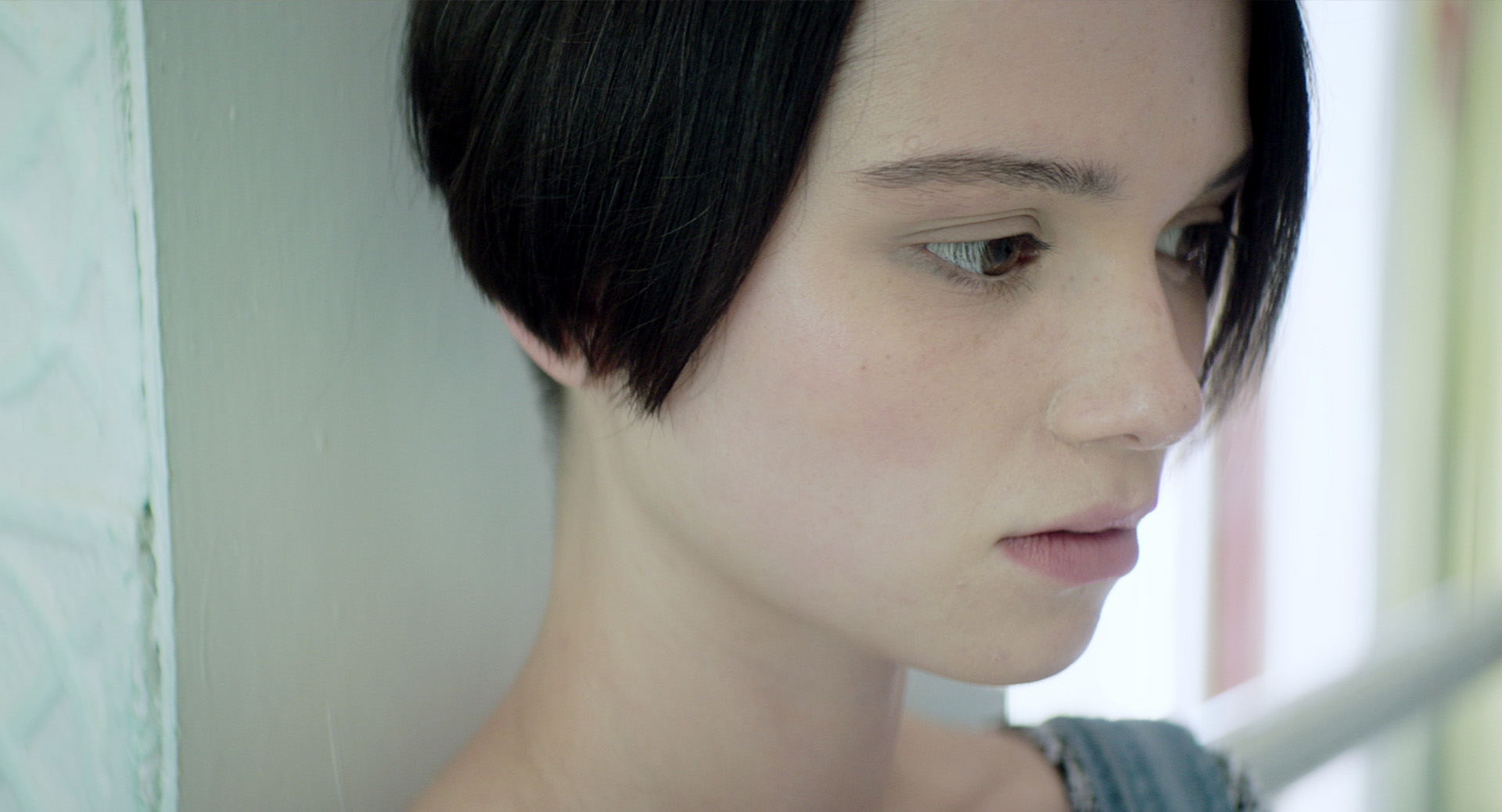Festivali TALLINN Black nights
On a fence between sunflowers

THE WILD FIELDS (Дике поле), Yaroslav Lodygin's adaptation of Serhiy Zhadan's novel VOROSHILOVGRAD was one of three films at this year's Tallinn Black Nights film festival set in the Donbass-region in Eastern Ukraine. The other two being Sergei Loznitsa's DONBASS and Denis Shabaev's MIRA (winner of Tallinn's Rebel with a Cause Award), it is surely the crowdpleaser amongst these three.
The story focuses on "independent expert" German, who receives a life-changing phonecall that takes him back to his hometown where his brother vanished - maybe to Amsterdam? - and where he meets old friends, new foes, and the odd woman.
It provided me with many a laugh-out-moment for the length of its duration (at least one due to the editing by Alexander Chorny and Denis Zaharov) and one straight afterwards, when a colleague considered it unrealistic how "all these women" threw themselves at our protagonist. Excuse me, did you see the guy? Oleg Moskalenko is perfectly cast as the indecisive hero with no clear job description who extricates himself from the manly gameplaying, but sooner or later has to take a stand and defend the family gas station against a hostile takeover. On such a journey you need an actor with charisma to keep you hooked, and that he has to spare. Luckily the casting of the minor parts was as effective, important in an adaptation where some characters and backstories necessarily fall by the wayside.
Although THE WILD FIELDS is beautifully shot (Director of Photography: Serhiy Mykhalchuk), giving us a feel for this in-between place with its fields of sunflowers and run-down buildings in the summery heat, it doesn't take as many risks visually as author Serhiy Zhadan's prose, which was described by critic Kirill Ankudinov as "verbal jazz". On the other hand, it doesn't have to. Director Yaroslav Lodygin, whose varied experiences as sports journalist, radio host, stand-up comedian, and poet will have stood him well for putting this multifaceted work to the screen, has been quoted as wanting to consciously go down the genre route of the Eastern, so some visual conventions have to be followed.
Giving the adaptation its own distinct voice apart from its source must also be down to acclaimed Ukrainian writer Natalia Vorozhbyt, whose plays have been translated into nine languages and are staged all over the world, and who collaborated with Zhadan on the script. We probably can't always appreciate the subtleties of the dialogue, although the subtitles at least indicate at more than one point switches from Ukrainian to Russian.
Vlad Odudenko's production design (who also worked on the Fipresci award winner PLEMYA), is a bonus, as it allows us to quickly grasp the living situation of people who live in their own and others' remnants, piling up history while awaiting an uncertain future.
For our future I predict more good films from first-time feature director Lodygin, amongst whose many achievements is keeping the mood playful while escalating the sense of doom during 118 minutes.
What to do in the meantime? You grab the novel, grab something alcoholic, but you also ask yourself where you stand in life and what you consider worth defending.
© Alexandra Pütter



